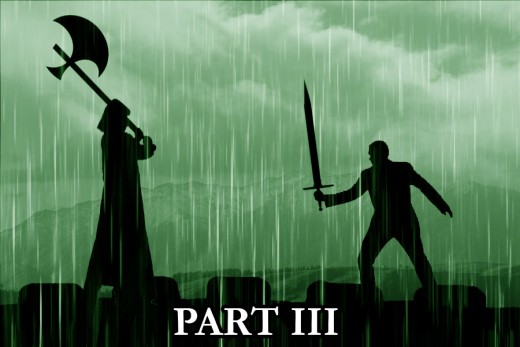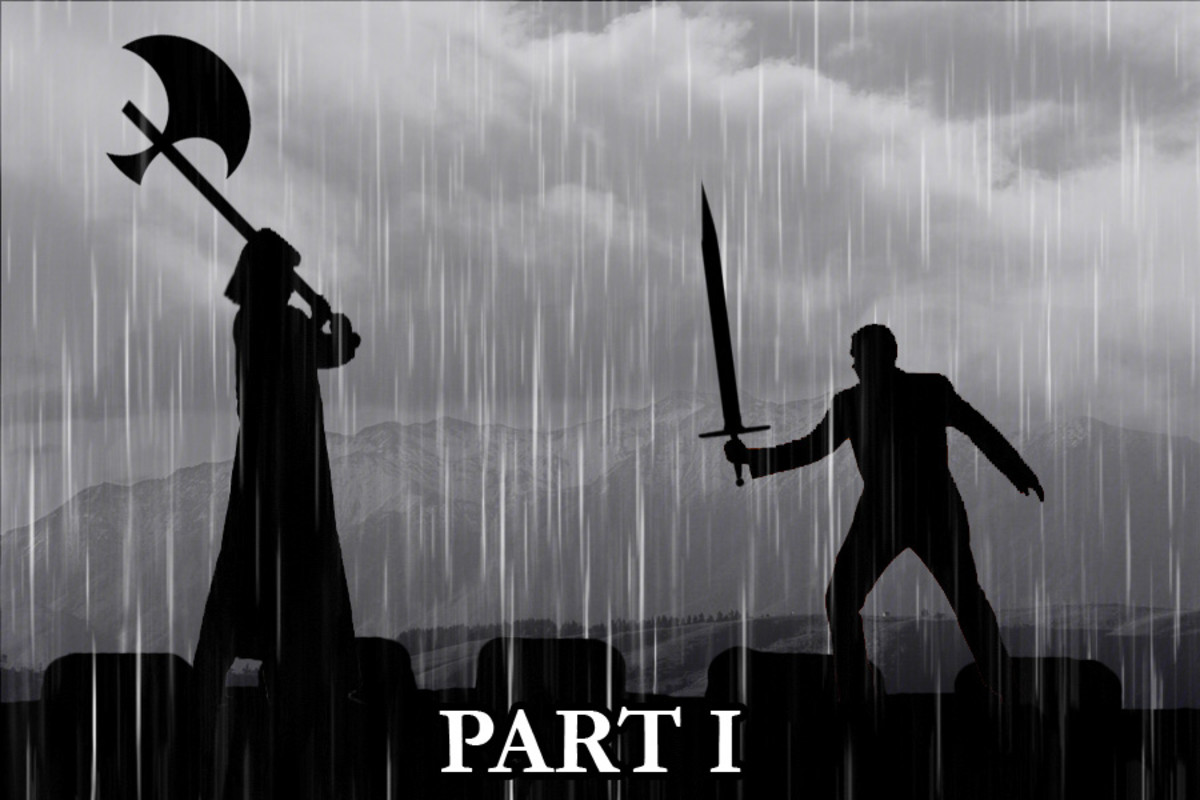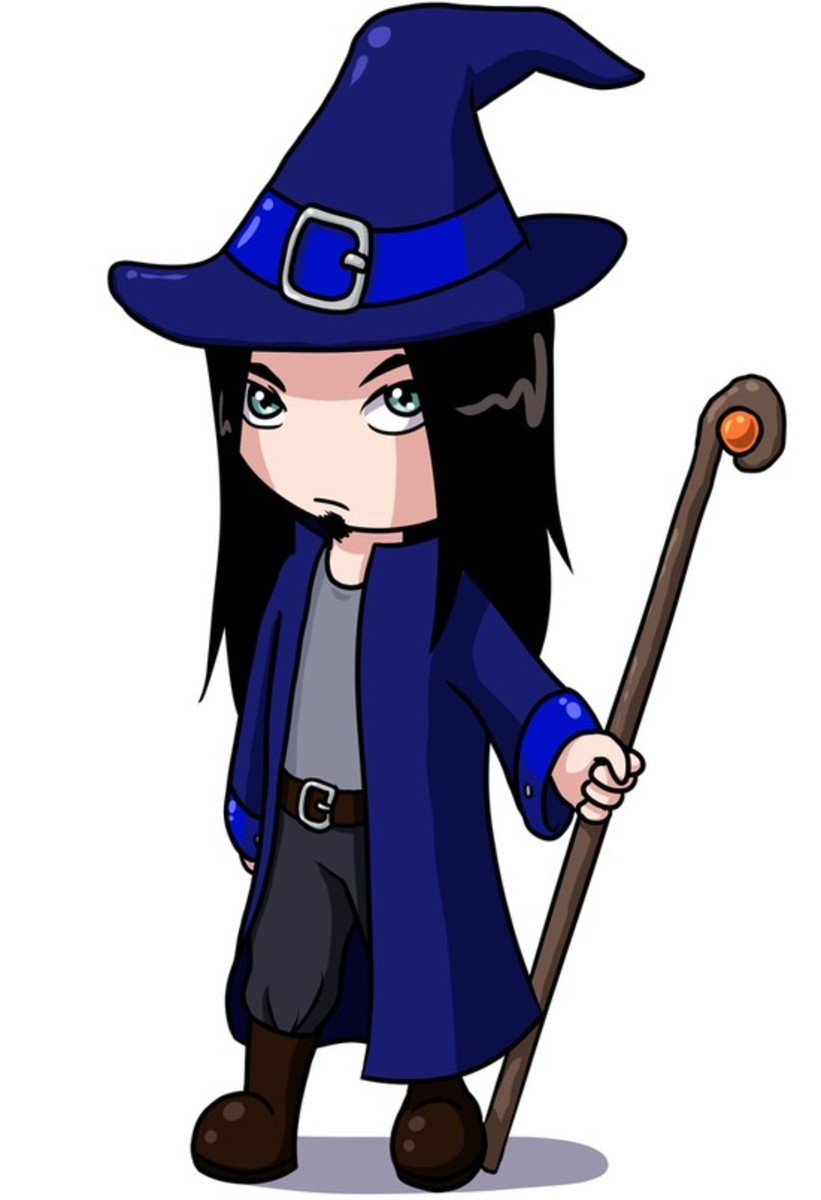My Struggle Writing an Epic Fantasy Novel: Editing and Re-Writing

Editing and Re-Writing
One thing they don’t tell you when you first decide to write a fantasy novel is how much editing and re-writing is involved. There is a fair amount of editing involved with other genres, but fantasy is a particularly tough cookie because you are the only one who knows this world, and therefore, if one character says one thing that doesn’t match up with the lore you’ve created; you’re the only one who can catch it and fix it. No other editor is going to know what the heck you’re talking about.
It might just be a pet peeve of mine but I hate being misinterpreted or misread. For this reason I work overtime trying to fine tune a section of story so that no one can get confused or lost. However in so doing I end up creating wordy descriptions for something as simple as ‘character walks from point A to point B’. And then I have to go back and edit again because my desire to clarify has only made the text denser. So again, it might be just me that is this obsessed with editing, but it created a routine I would go through each year. I would write the new stuff in a few months time and then spend the whole summer editing it (or editing an older section). Then I would take a break while I took college courses in the fall and winter. This routine worked very well because I never got too sick of my story and the work ethic I gained from college carried over into my novel which allowed me to knock out huge sections of writing and editing each summer. That routine fell apart after I finished college but I’ll go into that more later.
My editing was based on two things: my own personal re-reads which could reveal a lot of flaws when I came at it with fresh eyes, and the edits of friends and family. Once I had exhausted my own edits I would turn to the edits of others and compile them in a stack, going through each comment and determining if I should keep it or discard it. The method worked fairly well except there was one glaring issue with everyone who read my drafts: none of them were fans of fantasy novels. One was a casual fan of mystery novels and the other was a fan of licensed franchise novels. This became increasingly frustrating for me as I would edit because I would have to determine if their comment was a legitimate concern or if it was just because they weren’t familiar with the genre. I would often see them correcting techniques I used that were common in most fantasy novels. How reliable were these editors? I’m not going to say that a new author shouldn’t seek out editors that don’t read the genre, because a lot of the comments I got led to good revisions. However there is a lot of frustration when you’re trying to write something that no one around you is familiar with. There are going to be a lot of times where they just don’t get it and you’re going to have to make an executive decision to keep something or leave something out. You’re the author, but in a lot of cases, you’re also going to be the fantasy expert.
I did eventually get an editor who was much closer to my genre of reading and writing and her edits have been valuable. More so than that, however, she is able to look at the book for its story and fantasy elements, not just its technical issues. I think this is extremely important for any writer, but particularly fantasy because you’re writing in a ‘cult’ genre. In other words, people really get into this stuff. They fall in love with side characters, develop hatred for villains and get lost in the worlds. These books aren’t afternoon reads, they can become lifestyles if you do them right (See Lord of the Rings and Star Wars). So as a writer of fantasy it really helps to have someone become a fan of your ideas. You can whittle down the technical stuff until your fingers are sore, but what it comes down to is; does anyone like this story? Will anyone come up to you and say “I loved that part where thus-and-such happened” or “My favorite character is whats-his-name”. We live off that stuff because as fantasy fans ourselves, that’s what we’re striving for with our stories. So while non-fantasy editors can be an asset, try very hard to get at least one that knows the genre because their input will be invaluable to you, even if they don’t provide you with many changes to make. I am eternally grateful for the support my fantasy editor has given me and, as a side note, I also married her.

I’m also going to take this section to give a shout out to all the author’s I’ve met over the course of writing this book. (At least all the ones I can remember). Like I said in the beginning, I’ve never actually met a fantasy author nor had a mentor that was anything like a fantasy author, but I did get to meet some published individuals who gave me advice and perspective along the way. The first was a trio of authors I met at the local library when they showed up for a special event. They were Laura Caldwell, David Ellis and J. A. Konrath. Each one of them had encouraging words for me and an excitement for writing that would make me feel proud to be entering into the world of books. While they didn’t know my specific genre, they each had something important to offer. Laura Caldwell stressed the importance of trying, no matter how hard something may seem. David Ellis informed me of the publishing world’s tendency to ‘brand’ an author and to make sure you pick the right genre first so you aren’t stuck in a genre you hate. And J. A. Konrath gave me an invaluable bit of advice that I wouldn’t discover the importance of until many years later. He told me that his website offered a free book to new authors about the craft and getting published. Only recently did I visit the site and discover the helpful information therein. And I highly recommend it for anyone who knows nothing about the publishing world. You can visit the site here.
The next three authors I would meet were separate but I came to meet them through my state university when it held special writing events. The first was Kristin Gore, who had started as a writer for the television show Futurama (of which I am a fan) and had recently written her own novel. It was her who I asked how I would know when my book is done. She told me that it was a feeling that you get; a point where you just know when its time to let it go. The next was Peter Ho Davies, a British author whom I learned of through the school. While he wrote primarily short stories, I was happy to speak with him about techniques for not only writing short stories of my own, but choosing what event to showcase for any given narrative. The last author I met through my university was Sherman Alexie, who is arguably the most well known author I’ve ever met. The man is an absolute joy to listen to and writes amazing books. I didn’t get much time to talk to him (as I had to ask him my question while he was signing a book for me) but I was impressed with how thoughtful of an answer he gave me. My question was this and it came during a time where I was doubting the genre I was writing (see ‘Knowing your calling’). I asked him how I could elevate my fantasy above fluff status into something more akin to literary fiction. His response was ‘make your heroes not-heroic.’ I’m paraphrasing, but this actually made a lot of sense to me. He made the comparison to the television show Firefly, in which our protagonists, while regarded as the heroes of the show, often did things that didn’t match up with the mold of a traditional hero. It is great advice and one that I will always try to use as I write fantasy in order to make my characters more believable.
So I want to thank all of those authors. Though they were not fantasy authors, they helped me along the way to where I am now. I hope, as I move forward with my own book, that I am able to meet many more authors and new writers which I can share in the experience with.






